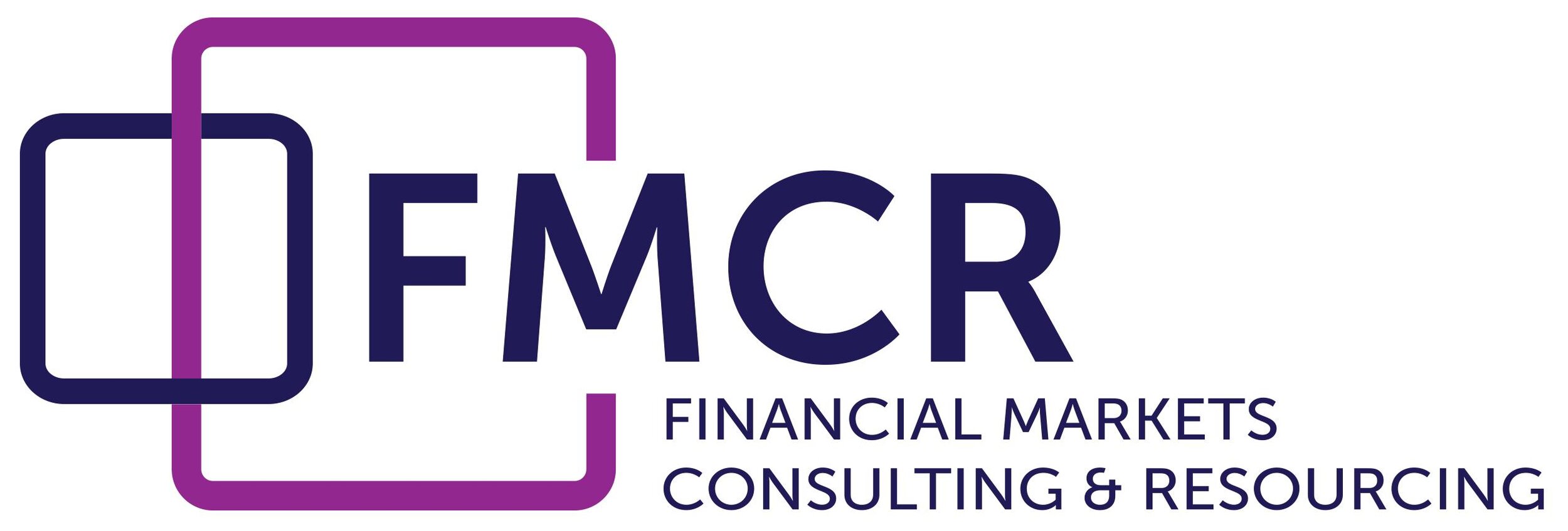Crypto-Assets Loom Large on the Regulatory Horizon for 2022
In the first weeks of the year, we have seen a number of strong indications that the introduction of crypto-asset regulation and legislation will be high on the political and regulatory agenda this year.
Sitting at the top of the regulatory pyramid the Financial Stability Board (‘FSB’), the organisation which internationally coordinates the work of national financial authorities and international standard-setting bodies, has recently published a comprehensive assessment of risks to financial stability from crypto-assets.
Although episodes of price volatility have, so far, been contained within crypto-markets and have not spilled over into financial markets, it concludes that they could reach a point where they pose a threat to global financial stability, underscoring the need for timely and pre-emptive evaluation of policy responses.
The FSB expresses concerns over developments and associated vulnerabilities in three closely connected segments of the crypto-asset market - unbacked crypto assets such as Bitcoin; stablecoins and decentralised finance (DeFi) and crypto-asset trading platforms.
DeFi has recently become a fast-emerging sector, providing financial services using both crypto-assets and stablecoins (a crypto-asset that aims to maintain a stable value relative to a specified assets or pool of assets).
Stablecoin issuers have experienced considerable recent growth and their reserve assets may make them significant holders of short-term debt instruments, and the structure of stablecoins means that they are exposed to liquidity mismatches and credit and operational risks which make them vulnerable to sudden and disruptive runs on their reserves.
Added to this vulnerability, a relatively small number of crypto-asset trading platforms that aggregate multiple types of services and activities account for the majority of crypto-assets traded. Some of these platforms operate outside of a jurisdiction’s regulatory perimeter or are not in compliance with applicable laws and regulations, making for potential concentration of risks while at the same time being less than transparent in their activities.
Stablecoin growth continues to grow apace, despite the concerns about regulatory compliance, quality and sufficiency of reserve assets and standards of risk management and governance. Their main use is as a bridge between fiat currencies and crypto-assets and were a major stablecoin to fail it is possible that liquidity in the broader crypto-asset system could become disrupted and spill over into short-term funding markets, if stablecoin reserves are liquidated in a disorderly fashion.
Examining the regulatory gaps and challenges that may exist and monitoring the plans and actions that FSB members take or plan to take to monitor financial stability concerns will be a major part of the FSB’s work during 2022.
In the UK, the FCA is already pre-empting British legislation to widen the scope of the Financial Services and Markets Act 2000 to cover the governance of crypto-assets by bringing them into the existing regulatory framework where it can.
It has already banned the sale of crypto-currency derivatives to retail customers, and they are currently consulting on adding unregulated crypto-assets to the rules governing financial promotions to retail customers so that only those retail investors classified as ‘restricted’, ‘high net worth’ or ‘sophisticated’ can invest in them. This is expected to come into effect this summer.
On the industry side, the International Swaps and Derivatives Association (‘ISDA’) is consulting with its members on the development of an appropriate common terminology for a regulatory framework for cryptocurrency derivatives. In their report ISDA said that the sector will need tight oversight in the very near future and urges lawmakers to develop cryptocurrency regulation as soon as possible.
2022 is clearly going to be a very busy year in the crypto space and FMCR will be keeping its clients updated on developments through LinkedIn. For further information please contact FMCR at contact@fmcr.com
